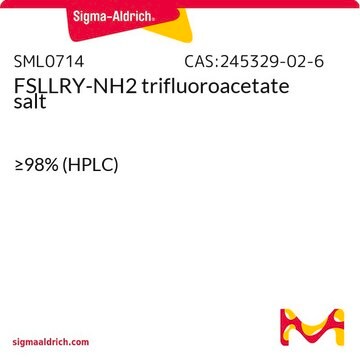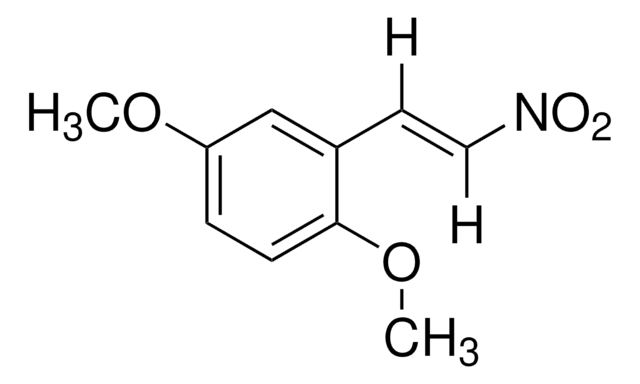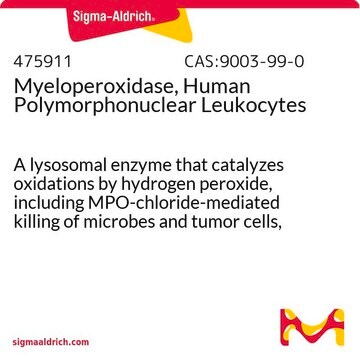SML2789
tBPC
≥98% (HPLC)
Synonym(s):
2-[4-(1,1-Dimethylethyl)phenoxy]cyclohexanol
Sign Into View Organizational & Contract Pricing
All Photos(1)
About This Item
Empirical Formula (Hill Notation):
C16H24O2
CAS Number:
Molecular Weight:
248.36
MDL number:
UNSPSC Code:
12352200
NACRES:
NA.77
Recommended Products
Quality Level
Assay
≥98% (HPLC)
form
powder
color
white to beige
solubility
DMSO: 2 mg/mL, clear
storage temp.
2-8°C
SMILES string
O(C2C(CCCC2)O)c1ccc(cc1)C(C)(C)C
InChI
1S/C16H24O2/c1-16(2,3)12-8-10-13(11-9-12)18-15-7-5-4-6-14(15)17/h8-11,14-15,17H,4-7H2,1-3H3
InChI key
FTIXUILRMBSXNS-UHFFFAOYSA-N
Biochem/physiol Actions
tBPC is a postitive allosteric modulator of the neuropeptide Y (NPY) Y4 receptor, which is predominantly expressed in the gastrointestinal tract and activated most strongly by pancreatic polypeptide (PP). tBPC was shown to potentiate Y4R activity in G-Protein signaling and arrestin3 recruitment and to potentiate the native PP response. tBPC was selective for Y4R over other Neuropeptide Y receptors and showed no effect on the efficacy (Emax) or potency (EC50) of the NPY signal response at the Y1, Y2, or Y5 receptors at 30 μM.
Storage Class Code
11 - Combustible Solids
WGK
WGK 3
Choose from one of the most recent versions:
Certificates of Analysis (COA)
Lot/Batch Number
Sorry, we don't have COAs for this product available online at this time.
If you need assistance, please contact Customer Support.
Already Own This Product?
Find documentation for the products that you have recently purchased in the Document Library.
Mario Schubert et al.
Journal of medicinal chemistry, 60(17), 7605-7612 (2017-08-11)
The human Y4 receptor (Y4R) and its cognate ligand, pancreatic polypeptide (PP), are involved in the regulation of energy expenditure, satiety, and food intake. This system represents a potential target for the treatment of metabolic diseases and has been extensively
Our team of scientists has experience in all areas of research including Life Science, Material Science, Chemical Synthesis, Chromatography, Analytical and many others.
Contact Technical Service







